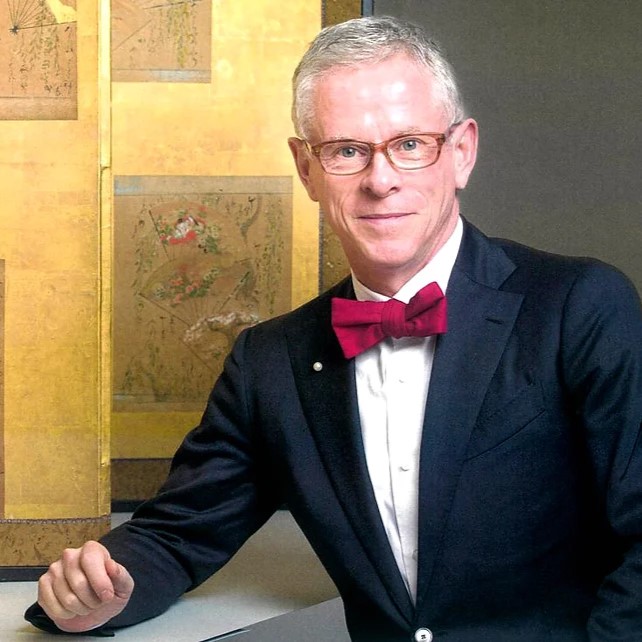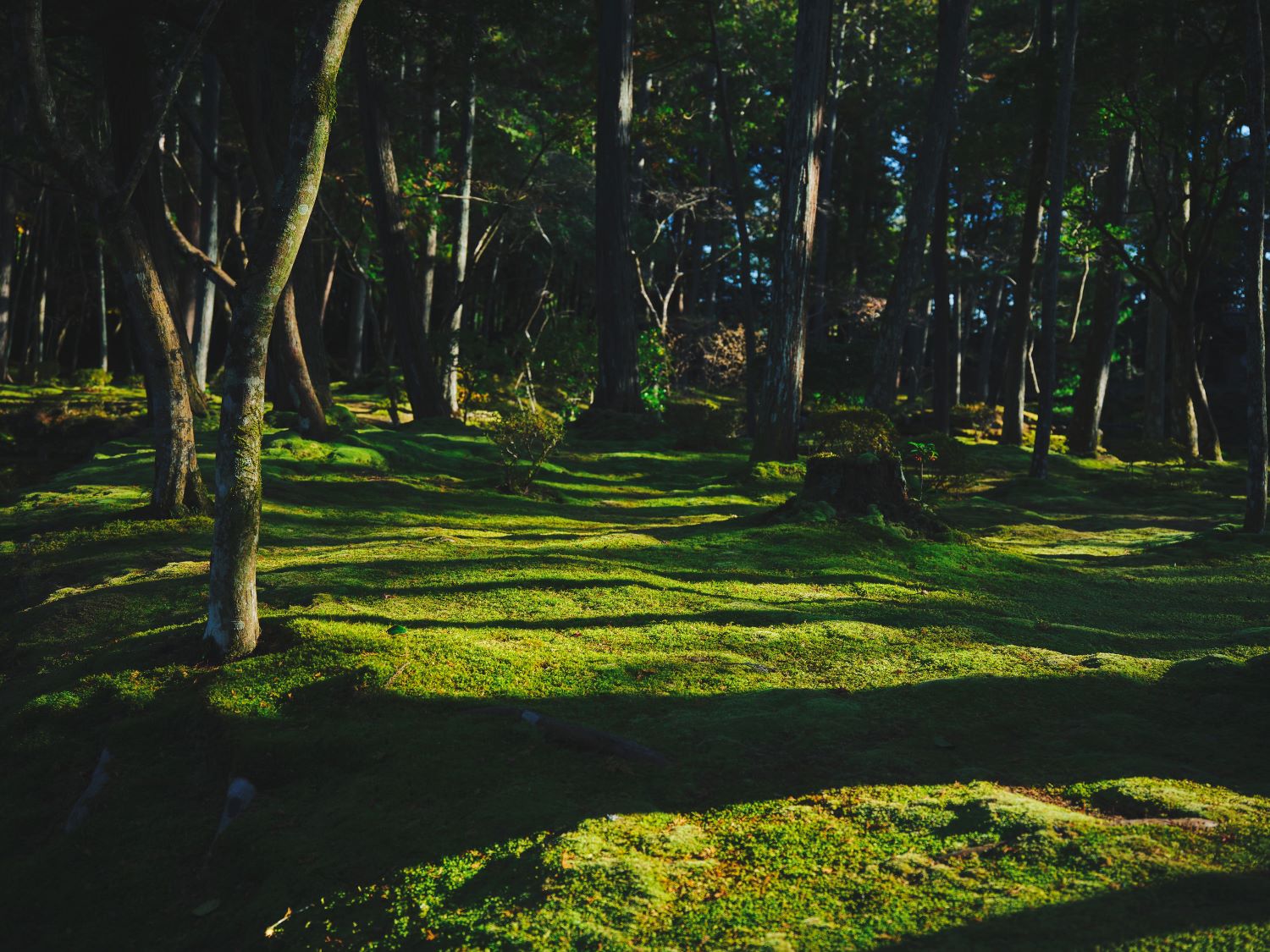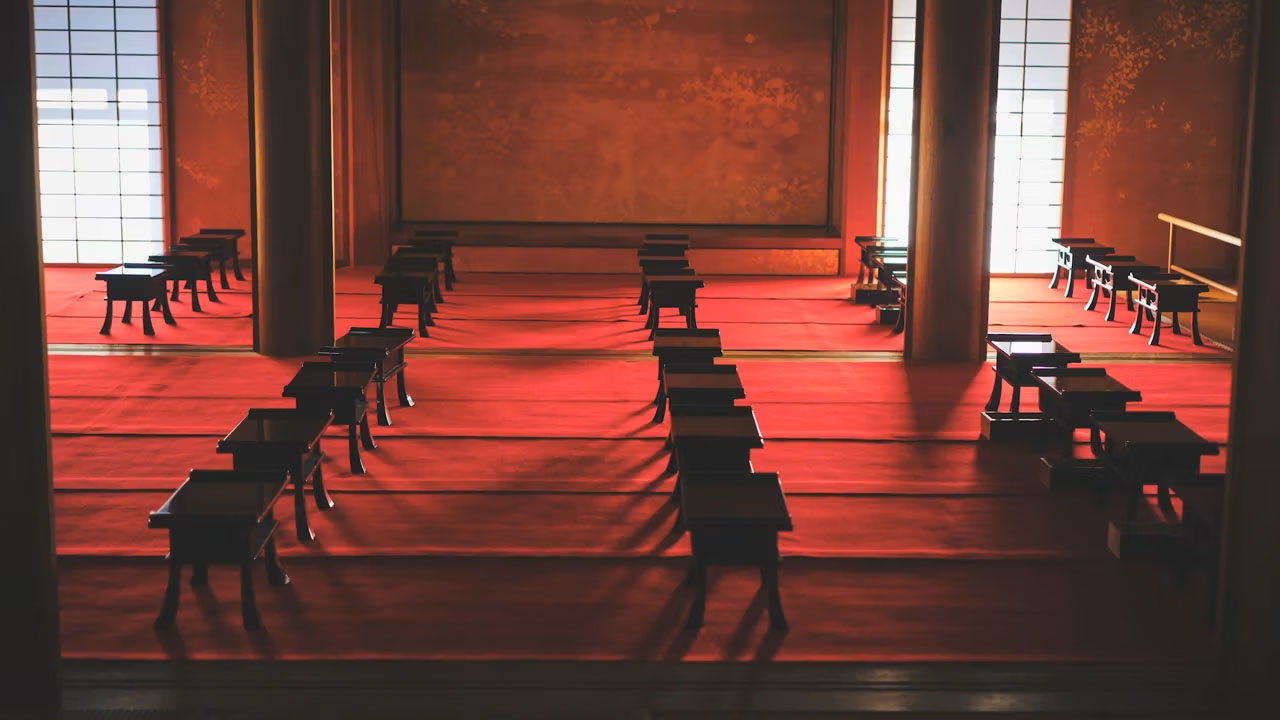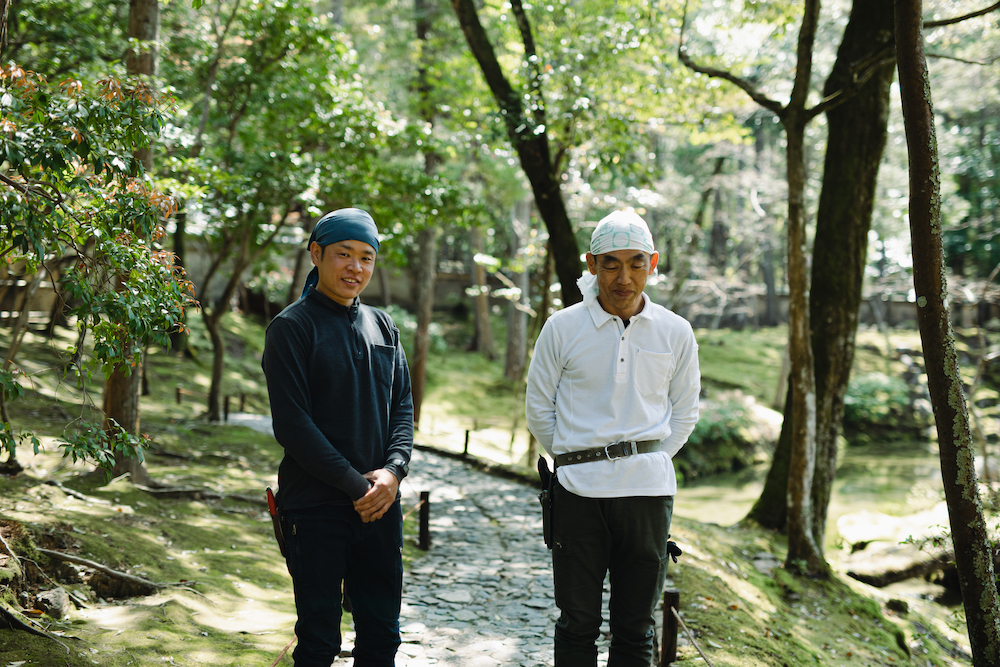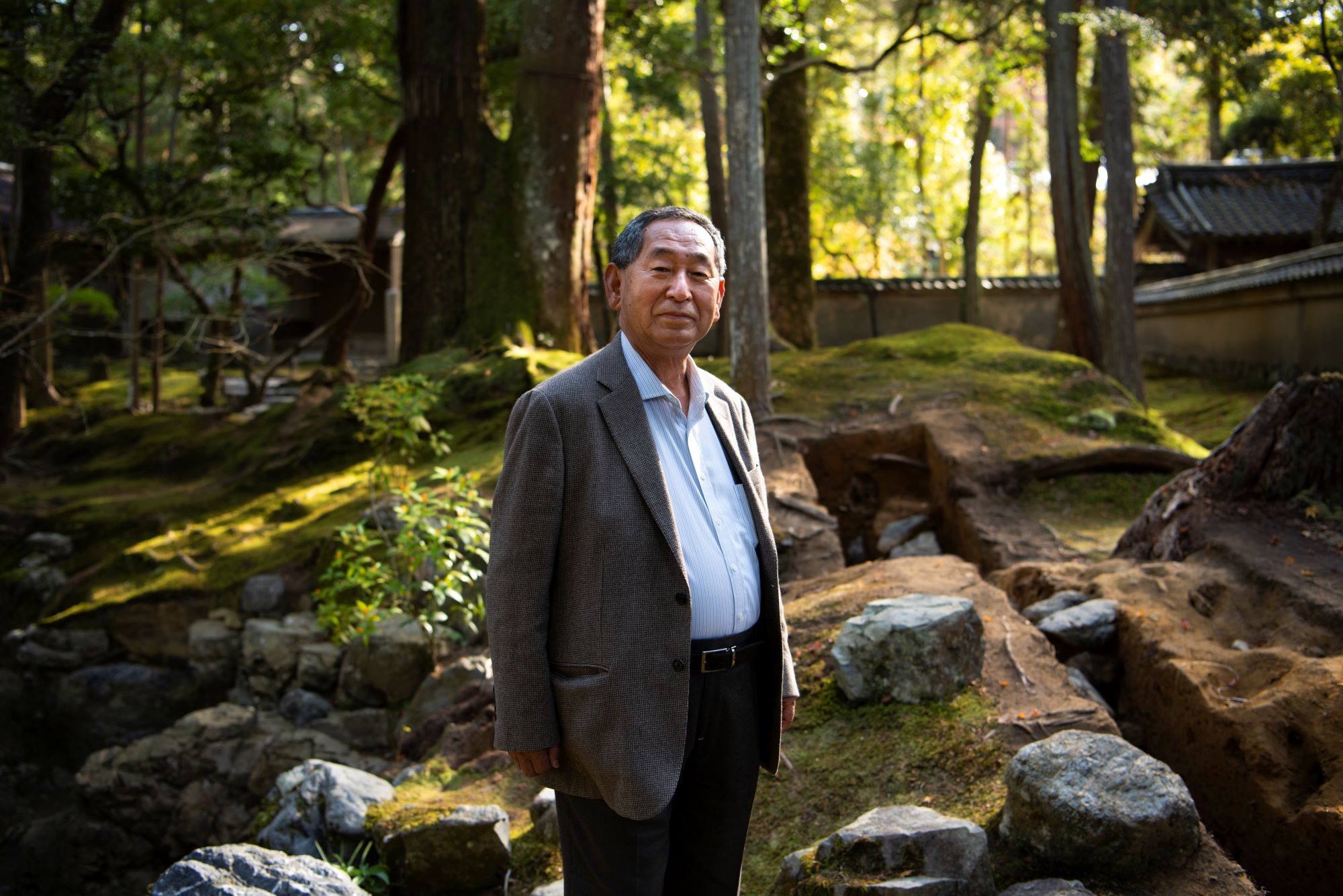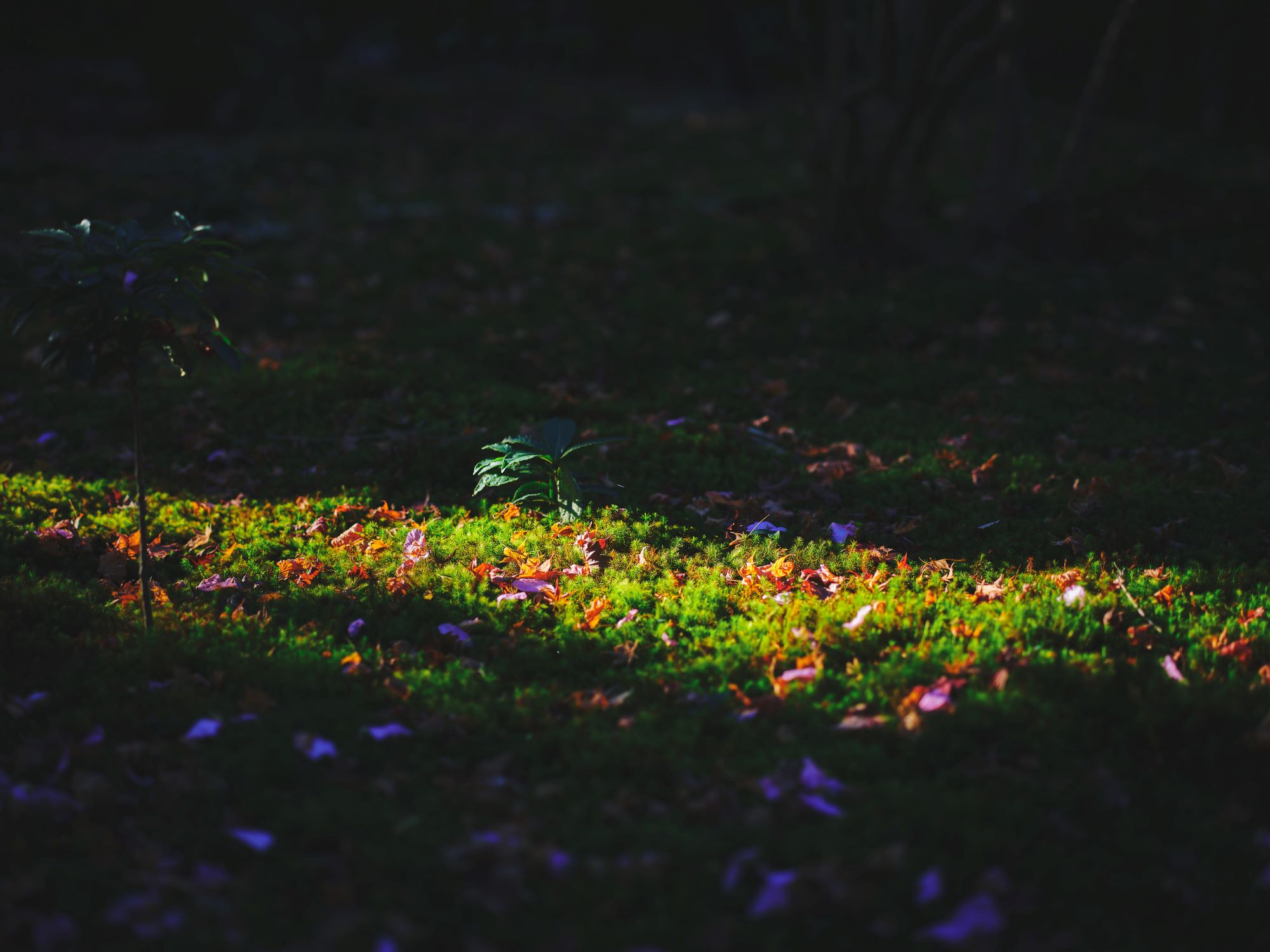2024.5.20
Winds of Gold—One Hundred Views of Saihoji Vol. 1
Peter MacMillan / a translator, scholar, poet
In this series of essays on Saihoji the renowned translator of Japanese poetry and poet Peter MacMillan records his impressions of and reflections on his visits to the garden throughout the four seasons. We hope that through these essays you the readers and fans of Saihoji can feel as if you are also present in the magical garden even when you cannot visit us.
Welcome to the Magical Moss Garden
Today begins a journey that I have long sought but fills me with trepidation. I first visited Saihoji more than 30 years ago and fell in love with it. Since then, I have visited several times over the years, and it has always been a special and magical experience. Five years ago, I had the honor to work on some English translations for the temple as part of a Ministry of Tourism project. I moved to Kyoto about two and a half years ago, and Ryuko Fujita Osho, Vice Head of the temple, happened to ring me a few days after I arrived and asked me to help with a book project they were working on. We have worked on several projects together since then, but this is our latest and most exciting one.
From my house in Kyoto, I can go to Saihoji on my bike in 20 minutes taking a lovely route crossing the famous Togetsukyo Bridge and cycling along the Katsura river, passing Matsunoo Taisha, and then taking a back road that curves around the foot of the mountain and passes Matsunoo Taisha, Tsukiyomi Shrine and Suzu-Mushi Temple. At Tsukiyomi Shrine, I can stop and pray to the ancient gods to clean my heart before visiting.
On each visit to the garden to date, it seemed new and splendid, both filled with nostalgia from the previous visits, but also as if I was seeing it for the first time. And a seed grew in my heart that I would like to come and see the garden in all the seasons and write about each occasion, so I was thrilled when Fujita Osho asked me to write about the temple.
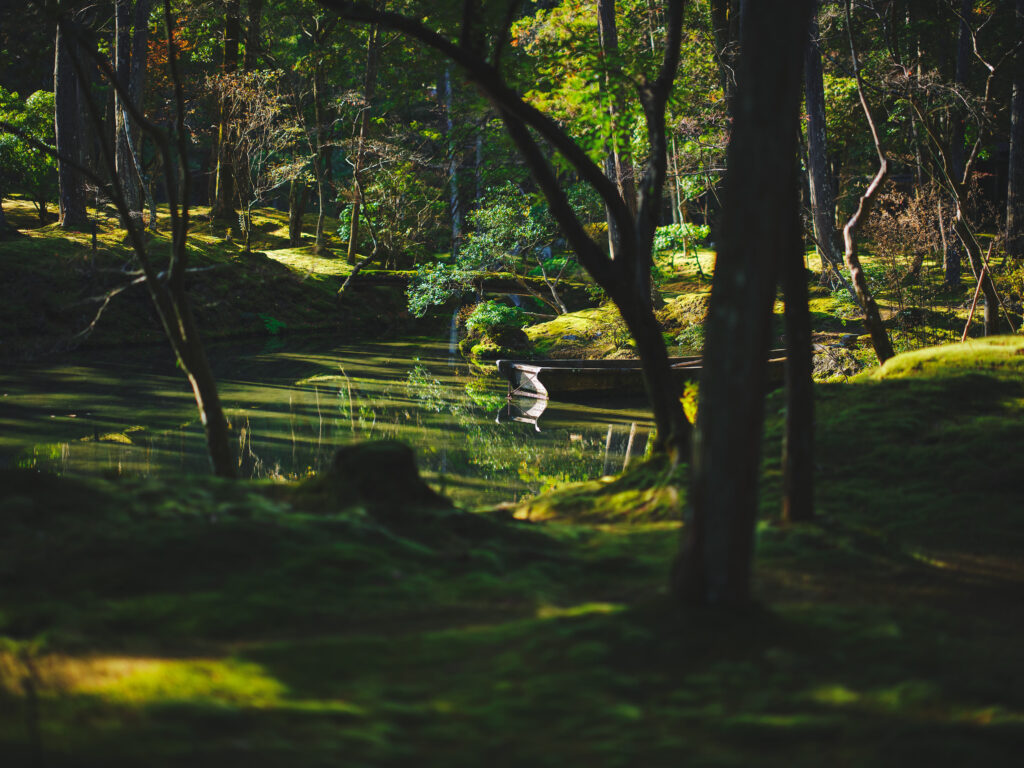
So why when starting off on this journey, am I filled with apprehension?
There are many reasons for this. I have two newspaper columns in Japanese, so I am used to writing a column, but for the other columns they are very straightforward as the content is already decided before I commence writing. But for Saihoji there is no content that is fixed for each visit. It is just me staring out on an empty garden and on each occasion, I will have to create contents based on my experience on that occasion.
Can I do it?
To do so, I feel I will have to be truly honest, and come with a completely open heart, and surrender myself anew on each occasion to encountering the magical garden, not with any expectations or preconceptions but with a totally open and receptive mind. This column will be about me and the moss garden. We will develop a truly warm and intimate relationship, and I hope to come to know many of the trees and plants, the rocks, and mosses, individually.
And because Saihoji is a Zen temple, I also feel that this journey will be a deeply spiritual journey to know myself more deeply and to learn both my limits and possibilities. I will make meditation and important component of each visit. Finally by sharing my experiences with you, the readers, I hope to enable you to feel part of the Saihoji community, to feel deeply the presence of the garden with me, and when you cannot visit, at least you can visit the magic moss garden in your heart.
Peter MacMillan
Peter MacMillan is a prize-winning translator, scholar, poet, and President of The Moon is a Boat Co., Ltd.
His translation, One Hundred Poets, One Poem Each (Hyakunin Isshu), was published in 2008, winning prizes in both Japan and the United States. After that, he completed an English translation of The Tales of Ise (Ise Monogatari), which was published by Penguin in 2016. He has also published a collection of poetry entitled Admiring Fields.
Awards:
Recipient of the Donald Keene Center Special Prize for the Translation of Japanese Literature
Recipient of the 44th Special Cultural Translation Prize from the Japan Society of Translators
Nominated for the PEN Award for Poetry Translation for the English translation of The Tale of Ise (Ise no Monogatari)
